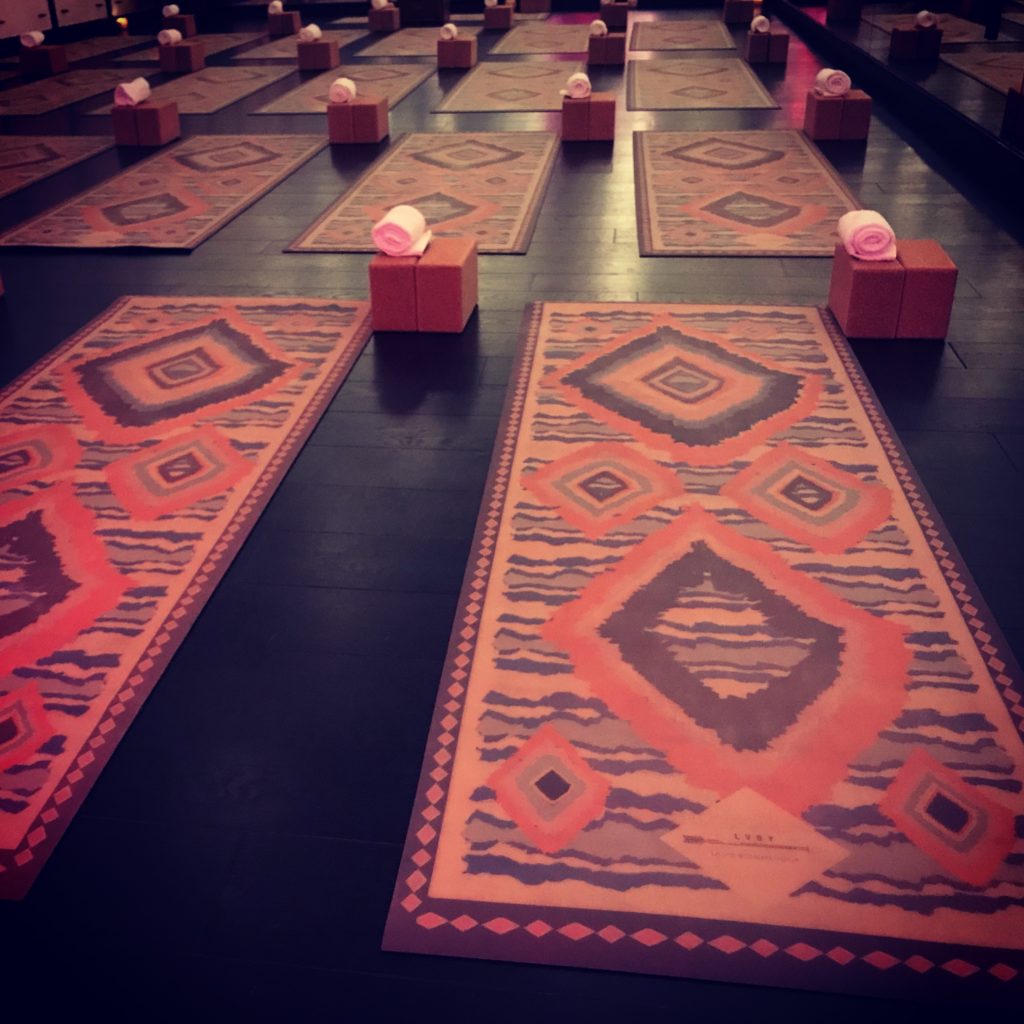When life gives you stress, hit the gym or the trail or the pool. This advice is shared by experts the world over and for good reason: exercise is an integral component of stress management.
Not only does exercise improve your overall health and mental well-being, but studies show that it also has stress-busting benefits such as:
- Pumping endorphins, the brain’s feel-good neurotransmitters, into your bloodstream
- Helping you think more clearly
- Giving you more energy
- Sharpening your memory and thinking
- Helping you sleep more soundly
When we’re stressed, our brain and body are adversely affected. In the same vein, if your body feels better, so will your mind. This is because the endorphins produced by exercising act as natural painkillers, giving exercise the ability to simultaneously “exhilarate and relax, to provide stimulation and calm, to counter depression and dissipate stress.” Pretty amazing, right? The endorphins our body produces while exercising are to thank for the “runner’s high” we often hear about. This high – which, by the way, does not require you to be a runner – is to thank for the feelings of relaxation and optimism you feel after completing a workout.
Simply put, exercise leads to feeling happier, which helps us handle the stress we inevitably face.
As part of my practice, I encourage my clients to find a form of physical movement they enjoy doing and incorporating it into their self-care and stress-management regimen. This can range from high-impact exercises such as running, dancing, and aerobics, to low-impact exercises like walking, swimming, and water aerobics. What matters most is choosing a workout which you enjoy doing and one which fits your lifestyle. If you live across the street from a park, for example, you may enjoy walking or jogging as part of your regular physical activity, as it will be easy to get there. On the flip side, if you’re someone who doesn’t love indoor cycling, it may be harder to motivate yourself to get to a class on the other side of town.
Ultimately, you don’t have to devote a lot of time or money to your wellness routine. The Department of Health and Human Services suggests adults between the ages of 18 and 64 “do at least 150 minutes a week of moderate-intensity, or 75 minutes a week of vigorous-intensity aerobic physical activity, or an equivalent combination of moderate- and vigorous-intensity aerobic activity.” You can spread that out through your week to make it approachable.
Life is full of stress, but thankfully we have a very attainable tool to help manage it: exercise.
For more information about how to incorporate exercise into your life, visit my website and check out my Instagram. There you’ll find tools to help you make the most of your wellness routine in order to experience a healthier, happier, calmer life.
Questions? I’d love to hear from you! Drop a comment below and I’ll be sure to get back you. You can also connect with me on Instagram.

